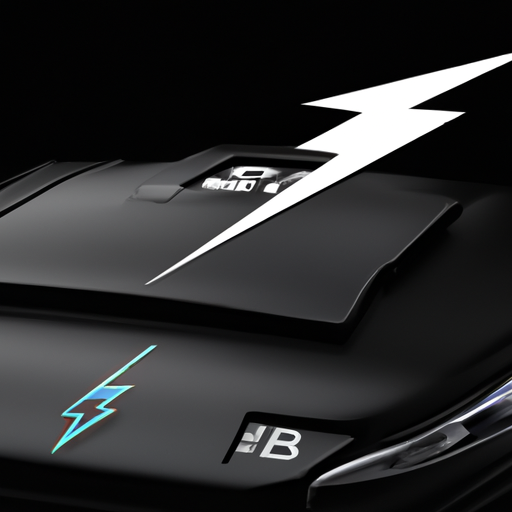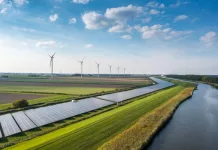The U.S is experiencing a wave of resurgence in domestic manufacturing under the Biden administration. A salient indicator of this revival is Massachusetts-based startup, Factorial Energy, which is unveiling its new solid-state electric vehicle battery plant. If all pans out, these high-performance batteries could hasten the departure of traditional gas-fueled vehicles.
Transition from Liquid to Solid-state Batteries
Solid-state electric vehicle batteries depart from the norm by utilizing a solid material in place of the customary liquid electrolyte found in traditional lithium-ion EV batteries. Although the latter have significantly contributed to the switch from gas and diesel fuel to battery-electric drive since the early 2000s, advances in technology herald the evolution towards solid-state technology.
Solid-State Batteries: A Solution to Dendrites
An issue that plagues liquid electrolytes is the growth of dendrites—minute, branch-like formations that over time, affect a battery’s capacity and charging speed. While ongoing improvements to lithium-ion batteries include solutions to this dendrite dilemma, a solid-state EV battery can offer enhanced range, faster charging times, and reduced costs. Despite this, a mainstream solid-state EV battery still remains elusive.
The Pioneers of Solid-State Battery Technology
Significant progress in this area first came in 1985, courtesy of Keiichi Kanehori, who filed for a patent under Hitachi for a thin film solid-state battery. The issue, however, was to scale this technology for application in electric vehicles. This involved utilizing ceramics, glass, or specialized plastics to create fully solid electrolytes, and ensuring their capacity to function at temperatures below 60 degrees Celsius without disintegration.
Recent Developments in Solid-State Battery Technology
2017 brought about a pivotal breakthrough when researchers from the University of Texas Cockrell School of Engineering introduced a solid-state battery equipped with a glass-based electrolyte. However, it was only several years later when investors began to take notice, resulting in a scramble among global automakers to secure their own solid-state EV battery deal.
Factorial Energy emerged with its new solid-state EV battery, dubbed the FEST® (Factorial Electrolyte System Technology), which garnered attention from leading automakers such as Daimler and Stellantis in 2021.
About Factorial Energy’s FEST® Technology
Although Factorial describes FEST as a quasi-solid-state EV battery, it closely mirrors the characteristics of a full solid-state EV battery. The technology improves the process of ion travel through the battery by decreasing interfacial resistance through the use of a liquid at the interface between the solid electrolyte and the battery’s anodes and cathodes. This change not only facilitates the movement of ions without excessive external pressure, it also simplifies the manufacturing process.
The Rise of Factorial Energy
Last year, Factorial introduced a 40 Amp-hour version of its FEST battery. This was enough to secure $200 million in investment during a Series D round of funding in 2022. Since then, the company has achieved a landmark 100+ Amp-hour capacitance, and has submitted samples to partners for evaluation.
The Largest Solid-State Battery Manufacturing Facility in the US
Recently, Factorial unveiled its plans for a new battery R&D facility in Massachusetts and announced the grand opening of its solid-state EV battery plant in the Boston suburb of Methuen, the largest such facility in the country to date. The facility will gradually ramp up its production capabilities, starting with an assembly line that can process up to 200 megawatt-hours.
New Opportunities for US Automakers
The new factory comes with the added advantage of allowing US automakers to leverage tax benefits under the Inflation Reduction Act, as confirmed by Factorial’s Executive Chairman, Joe Taylor. The mass production at the facility could lead to significant cost savings, fostering the production of affordable electric or hybrid vehicles.
Improvements in Material Recovery and Recycling
Solid-state batteries have the potential to enhance materials recovery and recycling. Factorial is developing a lithium recycling partnership with South Korean firm Young Poong, which specializes in non-ferrous metal smelting and refining. Factorial supplies excess lithium-metal from its operations which Young Poong recycles, converting it into reusable material for new batteries. Their collaborations aim to create a specific recycling system exclusively for the FEST platform.
The Impact on the Lithium Supply Chain
No information has been released about recycling plans at consumer-level, but the Young Poon partnership promises groundwork for recycling end-of-life EV batteries. Regardless, lithium recovery from manufacturing processes is expected to considerably impact the lithium supply chain.

























